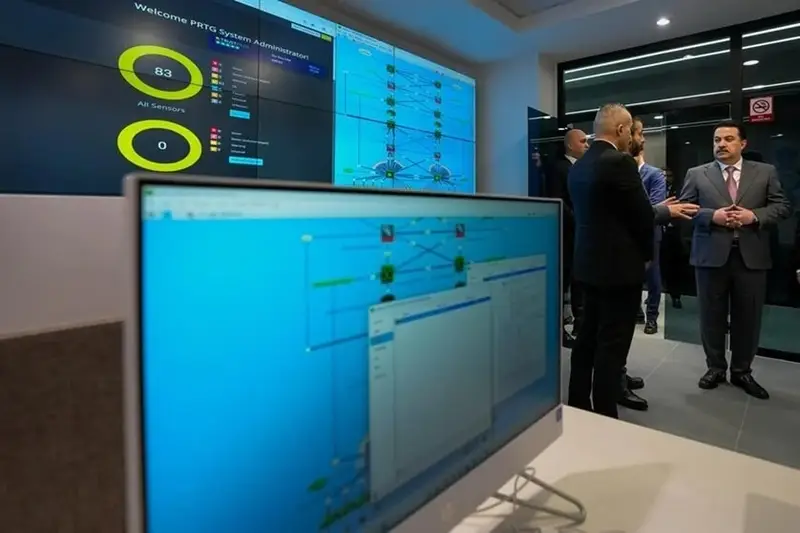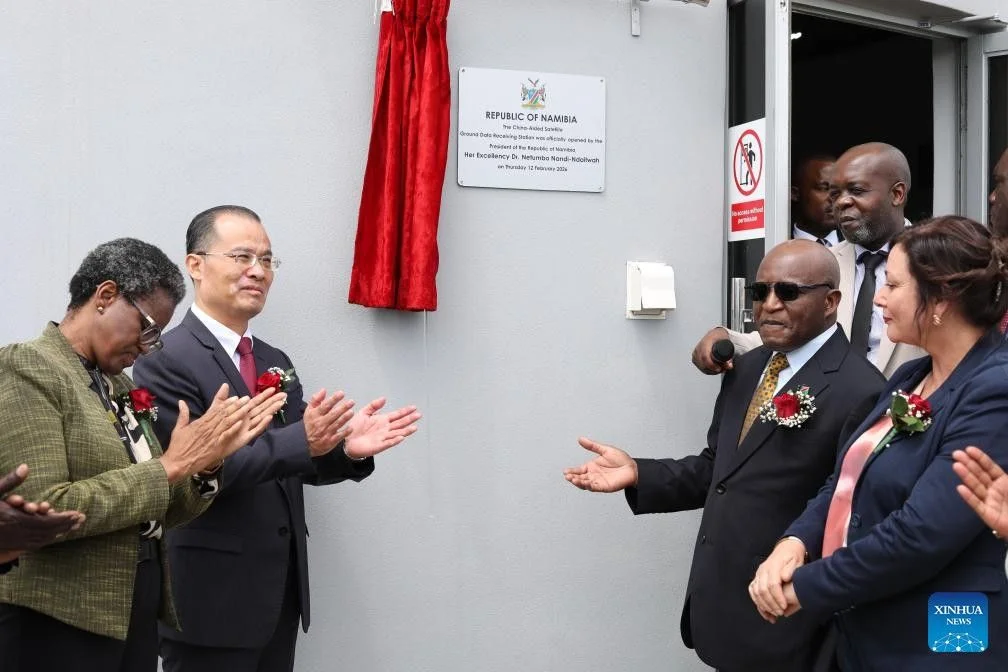The National Economic Research Associates Inc. (NERA), a US-based consultancy hired to assist with Pakistan’s 5G spectrum auction, has supported telecom operators’ demands for more favorable terms, including extended payment periods, a reasonable reserve price, and transitioning to a rupee-based pricing system.
NERA cautioned that setting high spectrum prices would result in fewer competitors, reduced innovation, and poorer outcomes for consumers. The firm emphasized that lower spectrum prices are likely to generate higher long-term government revenue, contrary to the short-term gains from high prices.
Pakistan’s telecom sector is considered one of the most spectrum-starved globally, ranking lowest in South Asia for spectrum allocation according to the GSMA Mobile Connectivity Index 2023. Several factors contribute to this situation, including auction delays, high base prices, unfavorable commercial terms, unsold reserved spectrum, dollar-pegged prices, and a weak mobile sector with limited demand for services.
NERA highlighted that governments face a trade-off between short-term revenue from high spectrum prices and the long-term benefits of a thriving telecom sector with sustainable pricing. High prices reduce competition, stifle innovation, and could harm consumers, ultimately affecting the sector’s overall health.
Regarding necessary reforms, NERA called for improved fibre-optic backhaul networks for 4G and 5G services. Currently, 85% of Pakistan’s mobile towers rely on microwave backhaul, with only 15% utilizing fibre. For the country to maximize its 4G and 5G capabilities, investing in fibre networks is essential.
The firm also stressed the importance of accelerating smartphone upgrades, particularly 5G-capable devices. Despite an increase in smartphone ownership, only 1% of phones on networks are 5G-enabled, though urban areas see higher adoption. The high cost of smartphones, driven by inflation and import taxes, is a barrier to further growth in 5G adoption.
NERA also welcomed the approval of the Telecom Infrastructure Sharing framework by the federal government, which will allow operators to share infrastructure and reduce costs. The framework is expected to improve sector profitability and make tariffs more affordable.
To ensure a successful 5G spectrum auction in 2025, NERA recommended moving to rupee-based pricing, given the exchange rate volatility and the inability to hedge USD-PKR forex risks. The consultancy also suggested extending payment terms to facilitate the substantial investments required for network upgrades, citing examples from countries like Vietnam, Indonesia, and Bangladesh.
Additionally, NERA emphasized the importance of releasing more spectrum for 4G services, especially the full 190 MHz at 2600 MHz, including the 140 MHz currently tied up in litigation. This spectrum is critical for providing both 4G and 5G services and improving service quality.
Finally, NERA urged that the issue of market structure, particularly the number of operators after potential mergers, be resolved as soon as possible to ensure certainty and a smooth auction process.















